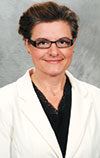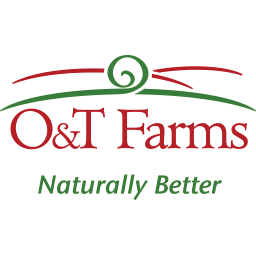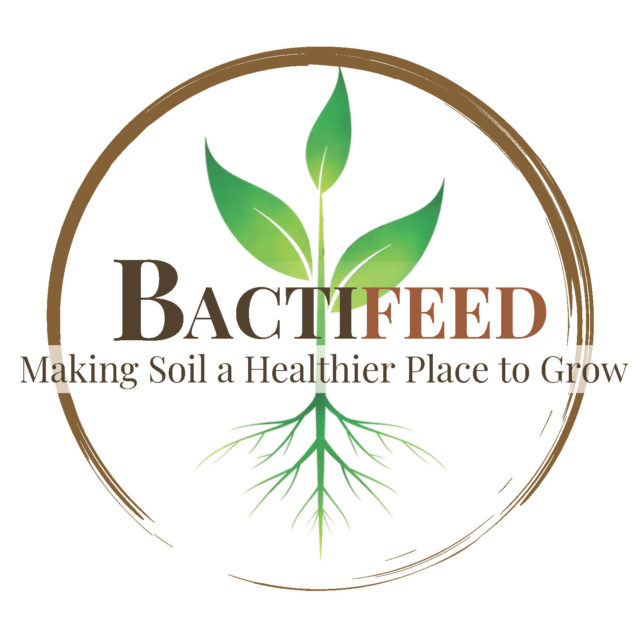The article ended with a challenge: Be an unsafe woman – do not be predictable; do not be dependent on someone to guide your thought process. Think independently, and demand accountability from others as well as respect for your thoughts and ideas.
To be honest, the article inspired quite a bit of feedback. It effectively challenged people to think about women’s roles and how they are evolving throughout our agriculture community. One friend asked me, “How do we become unsafe women? How does a woman develop her sense of independence and build resiliency while at the same time letting go of her quest for safety while retaining a semblance of grace?”
Someone else had a little bit of a different perspective on the article. At a checkoff meeting, I was told, “You are awfully ambitious, especially for a woman.” Wow. Thank you. I wasn’t sure he meant it as a compliment, but I definitely chose to take it as one. It’s all in the perspective of how we look at things and how we listen and internalize the message. Words such as stubborn, strong, bossy, authoritative, aggressive, assertive, manager or leader can be ambiguous at times. These words all mean different things depending upon how the message is communicated. What one person says is not always what another person understands.
The double-bind dilemma for women in leadership is real: “Damned if you do, doomed if you don’t. Too soft. Too tough. Never just right.” Men in leadership roles who take charge are viewed as strong, decisive and assertive. Women who take charge are viewed as competent but not likable. Women in leadership roles who take care and are viewed as nurturing, emotional and communicative are liked but, at the same time, are considered less competent. It can be a no-win situation.
As women, it is not our responsibility to always provide a soft spot for people to land when engaging them in challenging conversations. Someone has to be the one to call out for equity and raise their voice to elevate those around us. When this happens, we can all work together to help build a bigger ship for everyone to float on.
It is not a man-versus-woman battle. It is everyone’s responsibility to be self-aware. We have to have enough self-awareness to understand, “Holy cow, I didn’t handle that as well as I could have ... now what do I need to do to fix it?” We have to care enough for one another to be honest and have conversations where we provide real input and are not just checking a box. Authenticity is key. Call it what it is, acknowledge everyone in the room, include them, start the conversation, and move forward. We are not perfect, and we will not get everything right all the time. Sometimes we are absolutely wrong. Guess what? We can learn from failure and turn it into success. It is all in the perspective of how we look at things. For instance, a friend of mine often says, “I did not completely fail. I successfully found a way that did not work, and I will try again.”
As often happens, questions and comments from others inspire more inquiry on my part. What makes a woman unsafe? What challenges do we overcome? What experiences do we live through? How do our family and work roles combine to form curious, independent-thinking, thoughtful individuals who gravitate toward the unknown and away from the status quo, and create people who are not content to be tokens but, instead, strive to be trailblazers?
On the wall at the Second Harvest Food Bank of Southern Wisconsin in Madison is a two-word answer to many of these questions: selfless ambition. Two words with so much meaning.
I am awfully ambitious and will totally own the responsibility of that ambition. “And to whomsoever much is given, of her shall much be required” (Luke 12:48). Sometimes I put out one hand and push ahead of me to lead the charge while, at the same time, reaching back and dragging one or more people along on the journey. But, more often, I am reaching out for the hand that is willing to help pull us all along together.
The one thing we can always be sure of is change. Creating positive, lasting change requires ownership and everyone working together as a team. The 2017 Ag Census reported more women as owners of, and leaders, on farms. What will our teams look like in the future?
This article asks more questions than it answers. Please share it with your favorite unsafe woman and hit us back with some of your answers so we can continue this conversation. ![]()

-
Somula Schwoeppe
- Dairy Producer
- Huntingburg, Indiana
- Email Somula Schwoeppe





